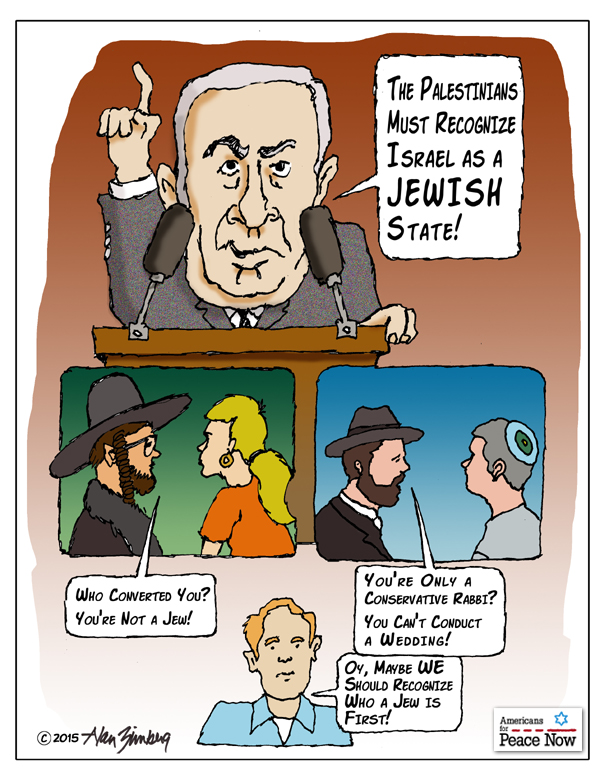Raysh Weiss holds a PhD in Comparative Literature and Cultural Studies from the University of Minnesota and is currently entering her final year of Rabbinical School at the Jewish Theological Seminary. She is the founder and director of YentaNet, a pluralistic matchmaking organization, currently serves on the Board of Directors of T'ruah, and is a co-editor of the progressive Jewish blog www.jewschool.com.
 With the unrelenting blitzkrieg of violent images flooding the media from the Middle East and
beyond, it can be hard not to resort to a sense of fear and hopelessness. Such images, coupled with political
leadership built upon collective fear and defensiveness, engender a society that cannot move beyond immediate
threats and anxieties. In constantly speaking of security, we all too easily lose sight of other rights,
relegating them to a tragically secondary status.
With the unrelenting blitzkrieg of violent images flooding the media from the Middle East and
beyond, it can be hard not to resort to a sense of fear and hopelessness. Such images, coupled with political
leadership built upon collective fear and defensiveness, engender a society that cannot move beyond immediate
threats and anxieties. In constantly speaking of security, we all too easily lose sight of other rights,
relegating them to a tragically secondary status.
 When: Tuesday, June 23
When: Tuesday, June 23

 Tel Aviv is enchanting. As I wandered through the artistic, sun-soaked streets of Neve Tzedek,
walked on the glistening beaches of the Mediterranean, and meandered through its bustling downtown on my most
recent visit to Israel, I became entranced. With its balance of relaxation and excitement, I couldn’t help but
be lured in by the magic of the city.
Tel Aviv is enchanting. As I wandered through the artistic, sun-soaked streets of Neve Tzedek,
walked on the glistening beaches of the Mediterranean, and meandered through its bustling downtown on my most
recent visit to Israel, I became entranced. With its balance of relaxation and excitement, I couldn’t help but
be lured in by the magic of the city.
 Americans for Peace Now (APN) welcomes the Supreme Court ruling rejecting efforts by Congress and
outside groups to wrest control from the Executive Branch over foreign policy-making by legislating the status
of Jerusalem in isolation of the context of Israeli-Palestinian negotiations.
Americans for Peace Now (APN) welcomes the Supreme Court ruling rejecting efforts by Congress and
outside groups to wrest control from the Executive Branch over foreign policy-making by legislating the status
of Jerusalem in isolation of the context of Israeli-Palestinian negotiations.
 In these tough times, I want to share with you a few thoughts that
give me hope and that, I believe, will give you hope as well.
In these tough times, I want to share with you a few thoughts that
give me hope and that, I believe, will give you hope as well.